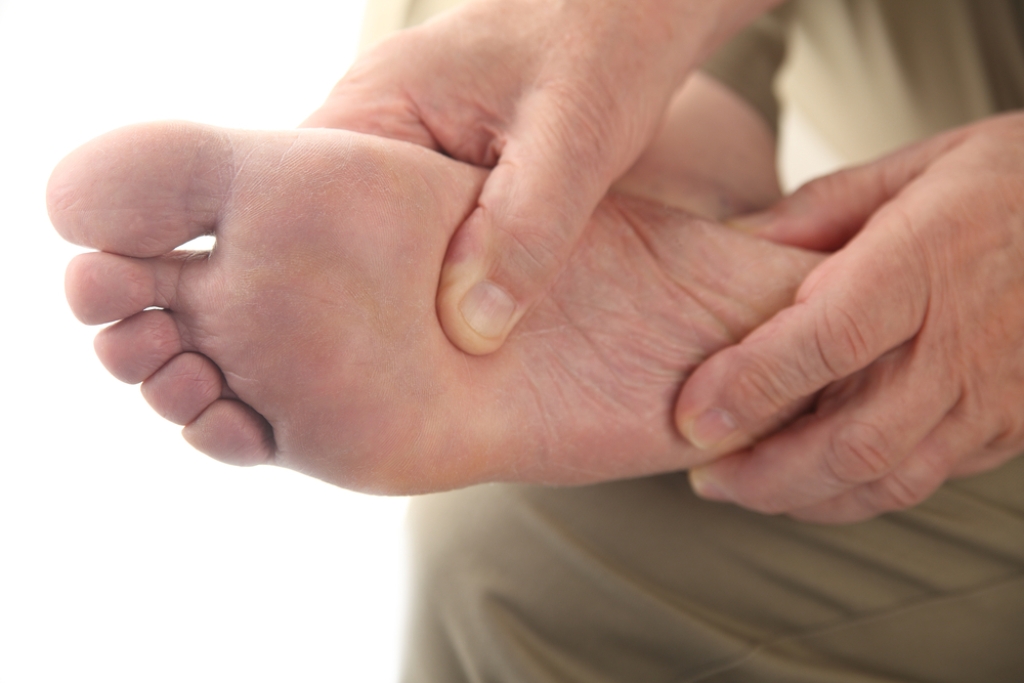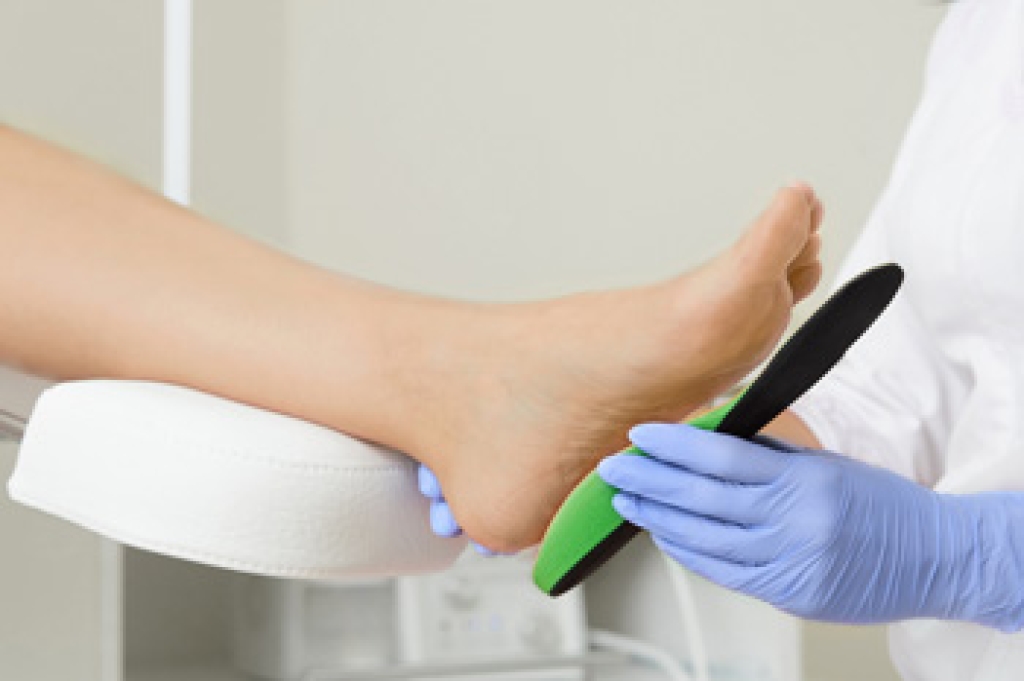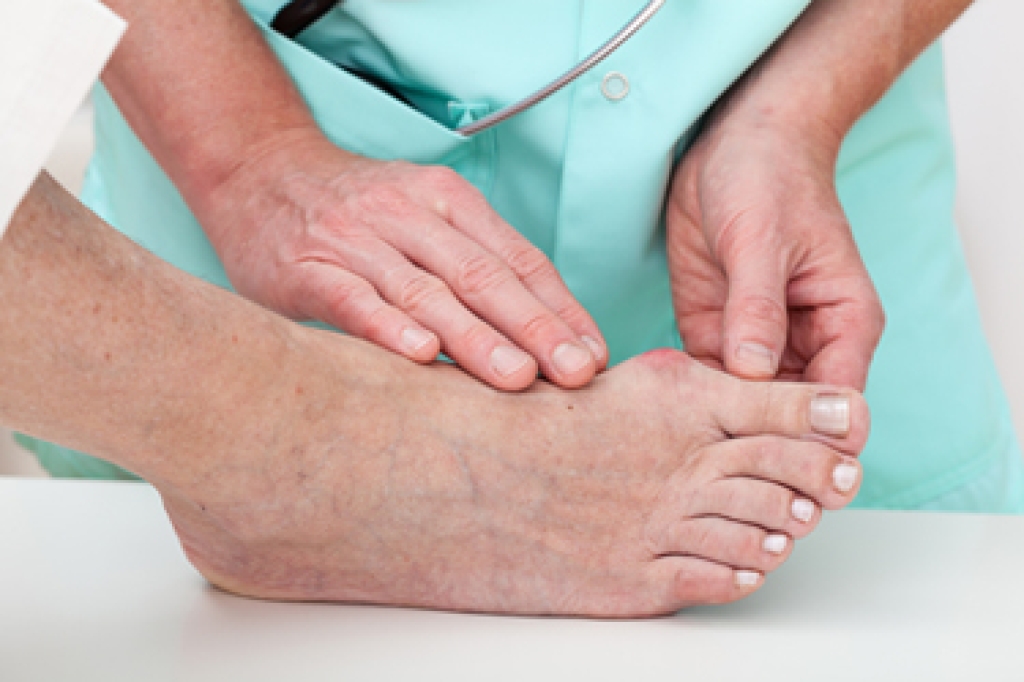Although diabetes is known primarily for affecting blood sugar, it has cascading effects on every part of the body, including the feet. People with diabetes need to be extra attentive to the health of their feet because diabetes can impair circulation and nerve function in the feet, leading to an increased risk of developing poorly healing foot wounds. When washing the feet, use a gentle soap and lukewarm water, then dry your feet thoroughly, particularly between the toes. Moisturize the tops and bottoms of your feet (but not the toes) to prevent dry skin, and see a podiatrist if you have corns, calluses, cracked heels, or other skin problems. Trim your toenails straight across and not too short to prevent ingrown toenails. Finally, inspect the feet daily for any unusual sensations or changes in appearance, such as new or worsening cuts, scrapes, sores, or discoloration. If you notice anything amiss, please see a podiatrist for treatment as soon as possible.
Diabetic foot care is important in preventing foot ailments such as ulcers. If you are suffering from diabetes or have any other concerns about your feet, contact one of our podiatrists from APEX Foot & Ankle Center. Our doctors can provide the care you need to keep you pain-free and on your feet.
Diabetic Foot Care
Diabetes affects millions of people every year. The condition can damage blood vessels in many parts of the body, especially the feet. Because of this, taking care of your feet is essential if you have diabetes, and having a podiatrist help monitor your foot health is highly recommended.
The Importance of Caring for Your Feet
- Routinely inspect your feet for bruises or sores.
- Wear socks that fit your feet comfortably.
- Wear comfortable shoes that provide adequate support.
Patients with diabetes should have their doctor monitor their blood levels, as blood sugar levels play such a huge role in diabetic care. Monitoring these levels on a regular basis is highly advised.
It is always best to inform your healthcare professional of any concerns you may have regarding your feet, especially for diabetic patients. Early treatment and routine foot examinations are keys to maintaining proper health, especially because severe complications can arise if proper treatment is not applied.
If you have any questions, please feel free to contact our offices located in Fort Myers, Shellpoint, and Naples, FL . We offer the newest diagnostic and treatment technologies for all your foot care needs.





